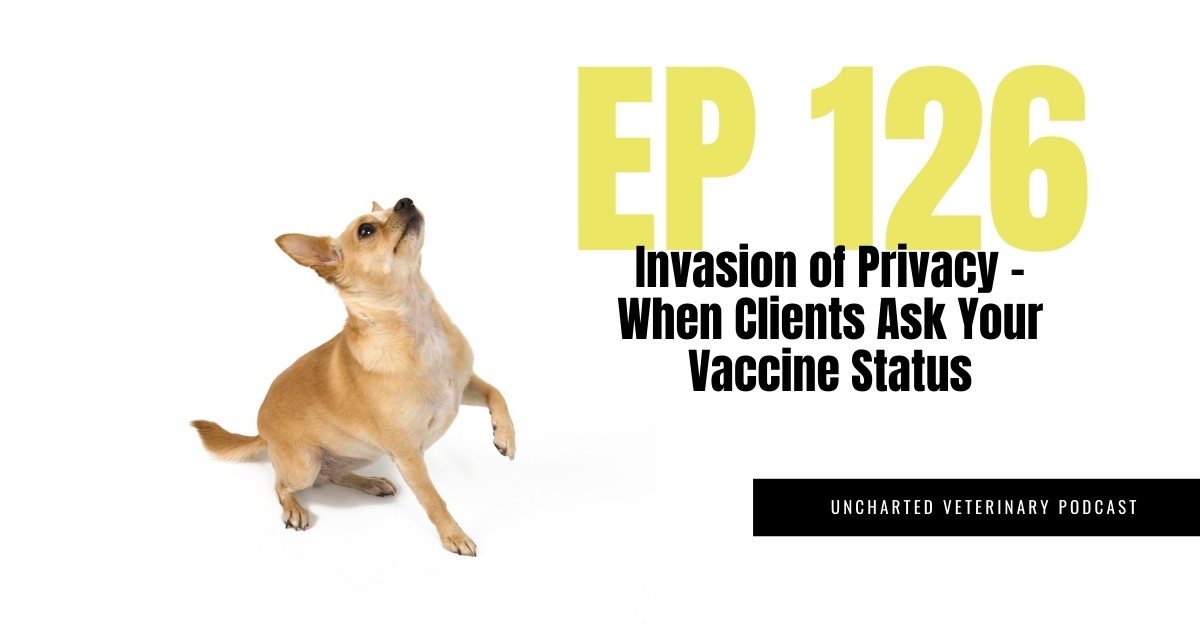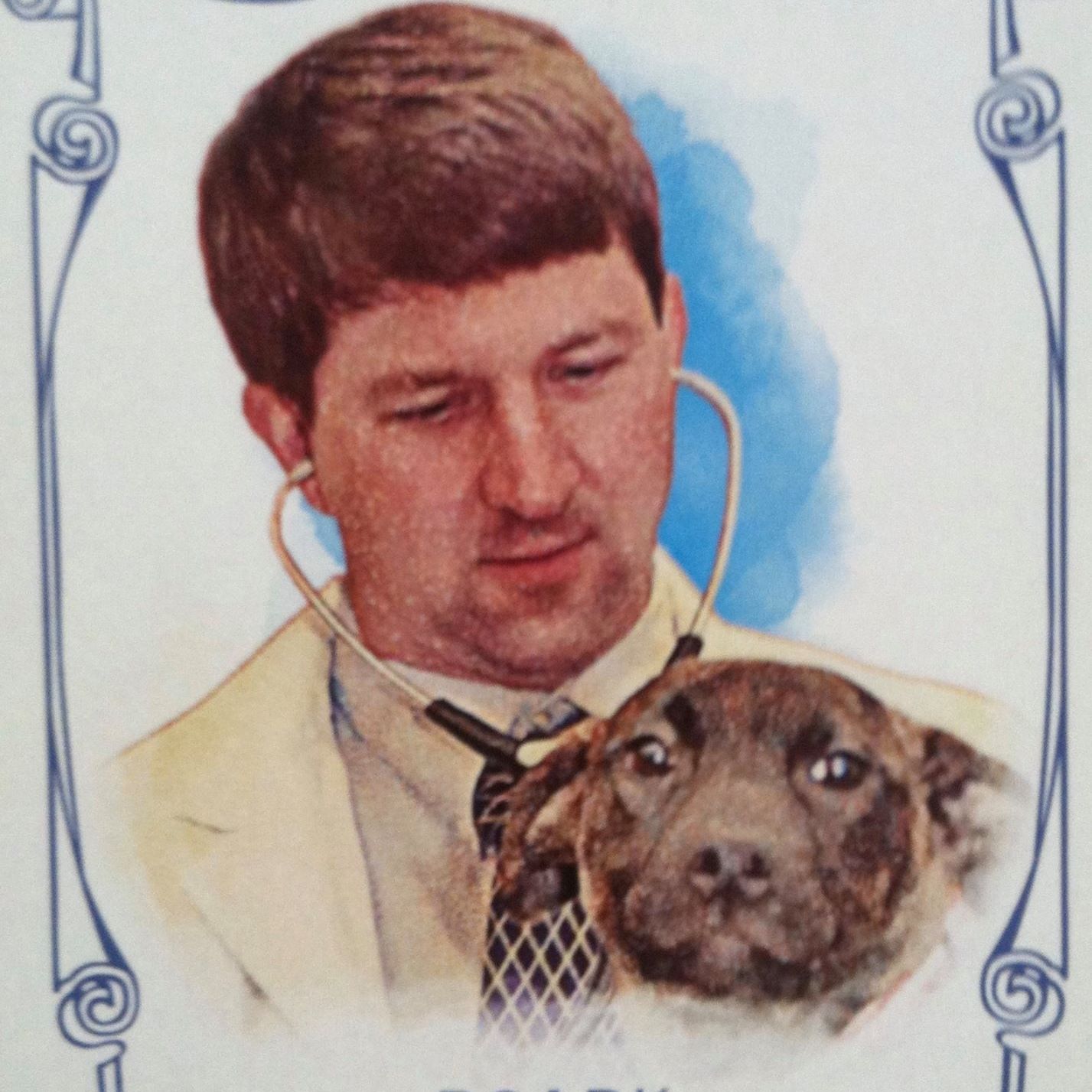In May, we launched our brand new group Plant Parenthood in the Uncharted Veterinary Community and it has really blossomed! Everyone has been sharing tips and tricks about gardening, and an abundance of photos of their plants. One of our Community members shared that this was her first year planting her own garden. She pulled her knowledge from caring for pets in the clinic to help her get started. Here is her story about how everything she knows about gardening she learned in a veterinary clinic:

“All winter I have obsessed over my new little garden in St Jacobs, Canada, and finally it should be warm enough to plant this weekend.
I know nothing about plant parenthood so am applying mammalian biology to my new patients and mostly getting away with it.
Avoiding under or over feeding or hydrating makes sense. ✅
I also thought it wise to avoid dwarf or weeping plants but cannot resist anything golden. I'm currently trying to socialize my seedlings by leaving them on the balcony every day for a week. Planting the Creeping Jenny on the wall in the back where she will have lots of room to play and the succulents in the front where they can relax in the sun.
The professional breeder's plants are the healthiest, the sick ones are from the market, and my home grown seedlings appear stunted. ?
Did I miss any ‘everything I know about gardening I learned in a veterinary clinic' ideas?
Explore groups like Plant Parenthood, Management, Practice Owner's and so much more with an










